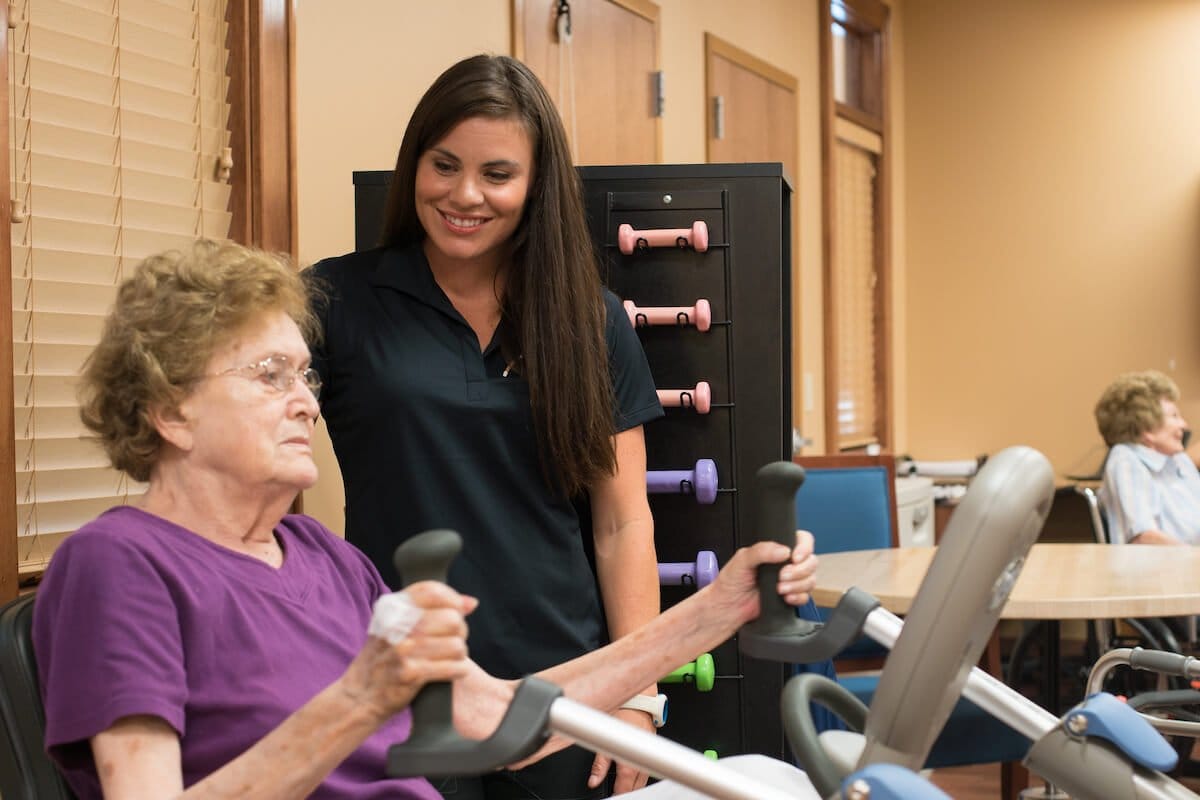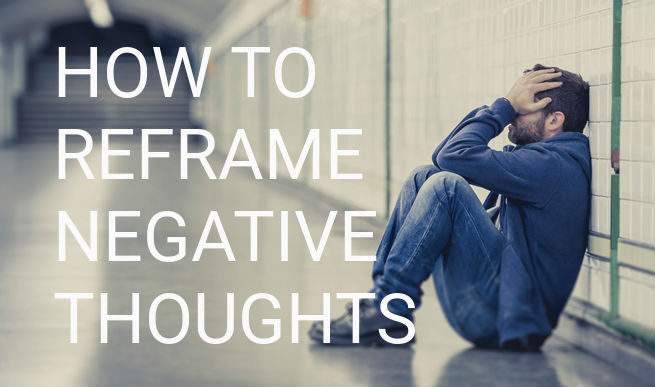How Breathe Work Can Change Your Perspective
Here’s the truth — your breath is the most underused tool you have for calming your mind, lowering stress, and getting your body back to baseline. You don’t need a therapist’s couch, a beach vacation, or even a meditation cushion to access it. You just need awareness.
Why Breath Matters
Your breathing directly connects to your nervous system. Shallow, rapid breaths trigger your body’s “fight or flight” response — the same one that helped our ancestors run from predators but now gets set off by emails, traffic, and endless to-do lists.
Slow, controlled breathing flips the switch. It activates your parasympathetic nervous system — the “rest and digest” side — bringing your heart rate down, lowering cortisol, and helping your body shift into recovery mode.
In short: breathwork is your built-in remote control for your mood and physiology.
How It Works
When you slow your breathing, you increase the amount of oxygen reaching your brain and muscles. That oxygen helps reduce anxiety, regulate blood pressure, and clear brain fog.
Think of it as rebooting your system — every intentional breath signals to your body, “We’re safe. It’s okay to relax.”
Try This: The 4-7-8 Reset
If you’re new to breathwork, start simple:
- Inhale through your nose for 4 seconds.
- Hold that breath for 7 seconds.
- Exhale through your mouth for 8 seconds.
- Repeat for 3–5 rounds.
Do this before a big meeting, after a tough workout, or when life feels heavy. Within a minute, you’ll feel the shift.
What You’ll Notice
- Your heart rate slows.
- Your shoulders drop.
- Your thoughts get quieter.
- You start to feel centered again.
It’s not magic — it’s biology. And the more you practice, the faster your body responds.
Breathwork isn’t about perfection or some mystical practice — it’s about taking control of what you can control when everything else feels chaotic. You can’t stop stress from showing up, but you can decide how you respond to it.
So, before you grab another coffee or doom-scroll to cope — try breathing first.
Your body already knows what to do. You just have to give it the chance.




